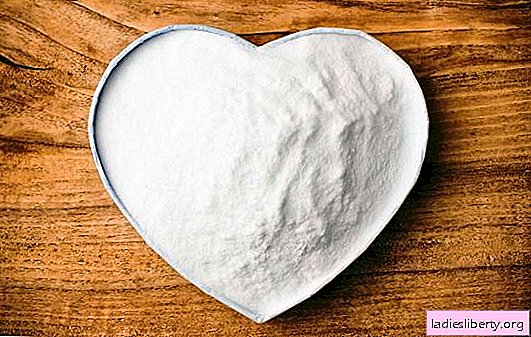
We appreciate the love of drinking in two ways: either in front of us is a “normal person who can afford a glass of wine,” or an alcoholic. But the problem is more complicated than it seems.
Do you pour a glass of wine every night to relieve stress or drown out the pain? Maybe you drink to temporarily forget your worries? Or knock over a pile before heading to an event because it makes you feel more confident?
Does alcohol let you relax? Or illuminate the dark side of your life - even for a few moments? Are you looking forward to the opportunity to drink? Or worried about drinking too much? Or maybe you spend every Sunday morning lamenting about what you said or did the night before, being a fool?
Whatever the specifics, if you drink in order to feel better, you use alcohol as “emotional crutches”.
We unconsciously accustom ourselves to the idea that drinking makes a painful situation easier and life more tolerant - especially if we do not find other ways to deal with it.
Imagine that every day you return home to an empty apartment. You feel lonely, considering that nobody loves you. You fill yourself a glass of wine - and forget what you just felt. Time after time, this becomes the usual daily routine. Over time, you convince yourself that alcohol perfectly solves the problems of loneliness. Although in reality your loneliness remains and even intensifies.
Alcohol is quick and easy to get rid of discomfort. It instantly erases discomfort from stress, insecurity, or boredom. Alcohol becomes a "silencer of problems." Your attention temporarily switches from experiencing discomfort.
Elena's story
Elena stopped drinking and stayed for about a year. She liked to wake up with a clear head and not worry about what she said or did last night. But then she returned to drinking, because, eliminating alcohol as a way to alleviate her condition, she could not cope with unpleasant feelings.
Elena suffered from social anxiety, listening to the voice of a merciless domestic critic. Whenever she fell into an unfamiliar social situation, she kept in mind the same thought: "I am inadequate and defective." Elena was fixed on her alleged shortcomings - her appearance and how others evaluated her. “Everyone is whispering about me, but they don’t speak in person,” she thought.
The only way she could free herself from these feelings was by drinking. She also believed that her extravagant dressing style would make her look more “stylish” and better “match” her surroundings. Elena was convinced that if she could control how she looks from the side, she will feel better. But that did not happen. On the contrary, the more uncomfortable she felt, the more alcohol she consumed.
If you want to stop using alcohol as an “emotional crutch,” you must learn to live with your painful emotions. The more you are willing to endure negative experiences, the less often you will have to hide them.
Start by simply observing and describing what emotions you experience, what your body feels.
In response to this psychotherapist’s suggestion, clients often object: “But I am constantly worried, stressed and insecure, and you want to say, get hung up on them even more ?!” But in fact, you do not stay with your emotions for a minute. You reject them, suppress them, or try to resist them.
The more you watch your emotions — without judgment or interference — the more clearly you realize how you can handle them.
To concentrate on physical sensations is not just to exclaim: "I feel terrible!" Indeed, if you convince yourself that a condition is terrible, you will want to get rid of it as soon as possible, finding something that will help you get distracted.
Each emotion is physically experienced by different people in different ways.
For example, Elena felt her sadness as a body-tightening veil. The chest was contracting, preventing her from breathing, and her shoulders were bending, causing her to curl up into a ball. For a long time Elena avoided sadness. If she felt that she was about to cry, she grabbed at the glass, trying to prevent an attack of longing. But she realized that at the risk of feeling sadness and left alone with her feelings, she gains power over them. Elena no longer had to run away from herself, stunning her feelings with alcohol. Observing emotions allowed her to free herself from addiction.











